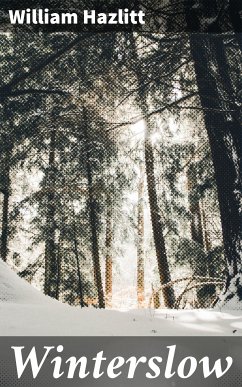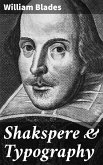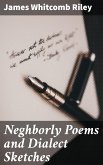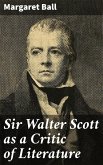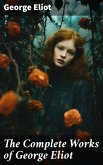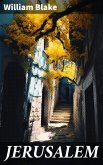In "Winterslow," William Hazlitt presents a reflective and evocative exploration of rural life, cloaked in the profound beauty of the English countryside. This semi-autobiographical work, written in a prose style that deftly shifts between lyrical observation and philosophical contemplation, captures the essence of nature and the human spirit. Hazlitt'Äôs love for the pastoral landscape is evident as he intertwines his personal experiences with broader meditations on art, beauty, and the passage of time, positioning the book within the Romantic literary tradition, which emphasizes individual experience and emotion in response to nature. William Hazlitt, a prominent essayist, critic, and painter, is often regarded as a key figure of the Romantic movement. His deep appreciation for individualism and the human condition is reflected in his writings. Having lived through significant cultural and philosophical upheavals in early 19th-century England, Hazlitt'Äôs contemplations in "Winterslow" stem from his personal quest for solace and reflection amidst the chaos of modern life, revealing his profound connection to his own experiences in the countryside. I highly recommend "Winterslow" to readers seeking a contemplative journey through the English landscape and a deeper understanding of the interplay between nature and the self. Hazlitt's vivid descriptions and insightful reflections invite the reader to ponder their own relationship with the world around them, making this work not just a book, but a meditative experience.
Dieser Download kann aus rechtlichen Gründen nur mit Rechnungsadresse in A, B, BG, CY, CZ, D, DK, EW, E, FIN, F, GR, H, IRL, I, LT, L, LR, M, NL, PL, P, R, S, SLO, SK ausgeliefert werden.

